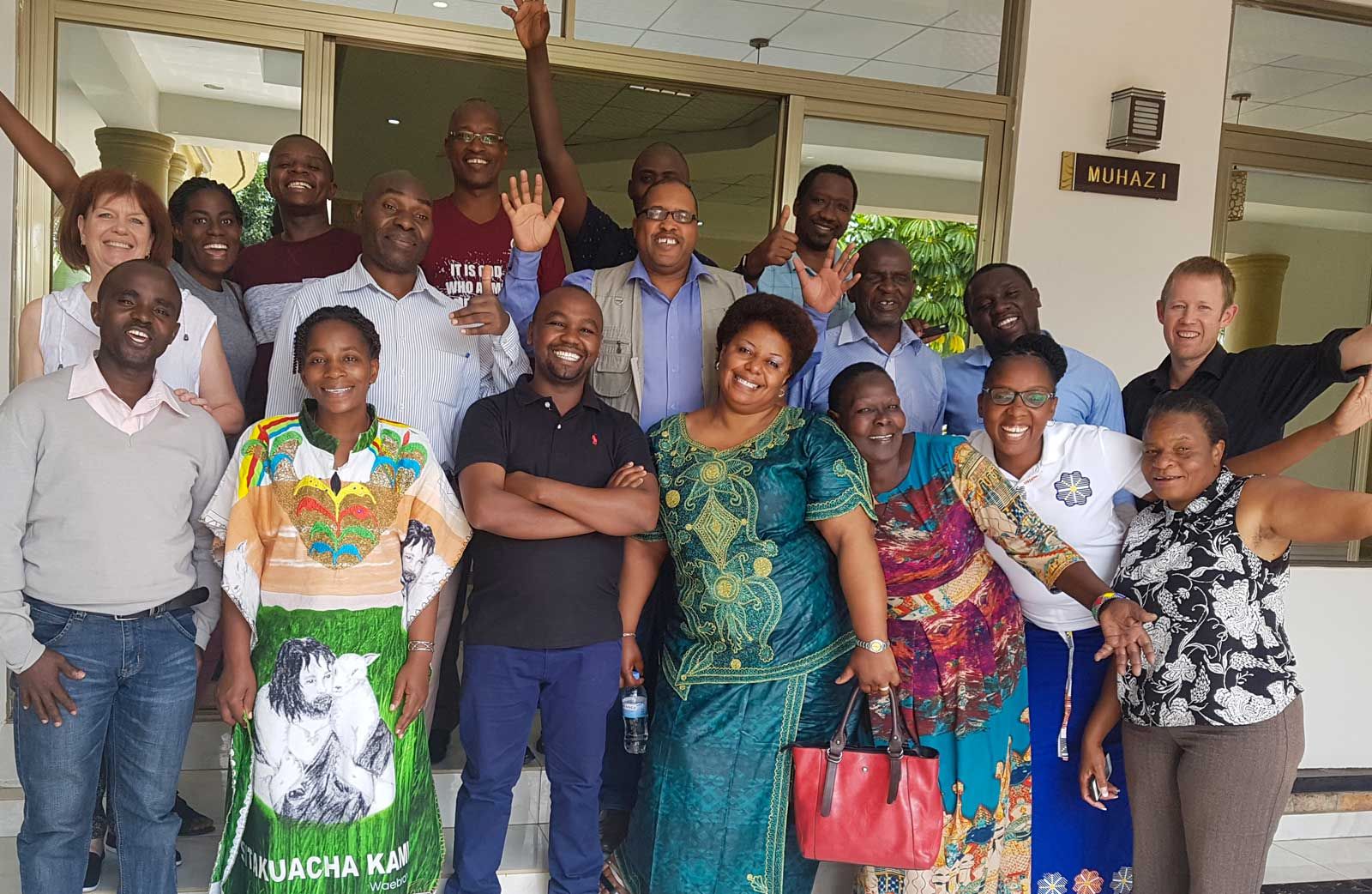
Have We Forgotten The Importance Of Relationship?PT 1.
Until 4 years ago my experience in community development and peacebuilding was all from N. Ireland. I spent 15 years working in community in Newtownards in an organisation called The Link Family and Community Centre.
During my time there, it became clear quite quickly that programmes and projects were all very well, but it was in the long, slow building of relationships within the community – across many different divides – that progress could actually be made.
I don’t think I really reflected at that time on just how important the building of relationship was. But nearly four years with the Inspired Individuals programme in South and East Africa taught me a lot. Both the model and also of some of the experiences – enabled me to join the dots between what I was seeing and learning from the work of some amazing leaders there. Sometimes we need to be taken outside our own context for clarity of focus and thought.

I became the Development Facilitator for Tearfund’s unique leadership programme, Inspired Individuals. The role used to be called Relationship Facilitator – and perhaps that’s a better title.
So who are Inspired Individuals?
The Inspired programme identifies, develops and connects Christian leaders from around the world who are incredible change makers in their communities. My area just happened to be in Africa.
I was supporting 2 cohorts of 7 inspired individuals, so 14 in total as well as some graduates from the previous years of the programme. One cohort was peace and reconciliation and the other – peace, reconciliation and governance. The Leaders were drawn from Rwanda, Burundi, South Sudan, the Democratic Republic of Congo, Kenya, Uganda and Zimbabwe.

A unique feature of this programme is that the focus is on the individual, through the building of authentic relationships of trust. We are concerned about all aspects of their life; their personal health and well-being, their family; their physical and social as well as their spiritual health.
Practically, this is through monthly one to one coaching, mentoring or pastoral care visits or calls as well as bringing individuals together into thematic or geographic cohorts for mutual support, learning and a sense of belonging and identity.
We found that most of the Inspired felt very isolated and their ministry or vision was not understood by the church they belonged to. They were working with some of the most marginalised people or with difficult / edgy issues. Because of this, the church was not able, often through a lack of theological understanding of whole life mission or a theology of peace building to offer support, or even see the need for it.

The cohorts became places where they could talk openly and honestly and the relationships established there made it like a second family. During times of crisis the cohorts offered practical, spiritual, social support which was highlighted again and again as one of the most important aspects of the programme. This – and the fact that the focus was on them – not on what they did.
Thrive Ireland has now adapted this model for Christian Leaders working in areas of socio-economic deprivation in N. Ireland and I see exactly the same issues here. We have a group of 8 leaders, and as they have been brought into a group of people who are involved in similar ministry (working in an area of socio-economic deprivation) – a sense of identity and belonging is quickly created and trusting supportive relationships begin to develop. They have all felt called to this ministry and are therefore passionate about it.
So – relationship and community is the core of the success of the inspired programme and it has led me to think through how much relationship is at the heart of peacebuilding, advocacy, pastoral care and what we will call “prophetics”.
In Part 2 I’ll be looking at what I mean by “prophetics” and how vital relationship is in contexts were conflict is causing a community or Nation to fail in enabling people within it to thrive and flourish.